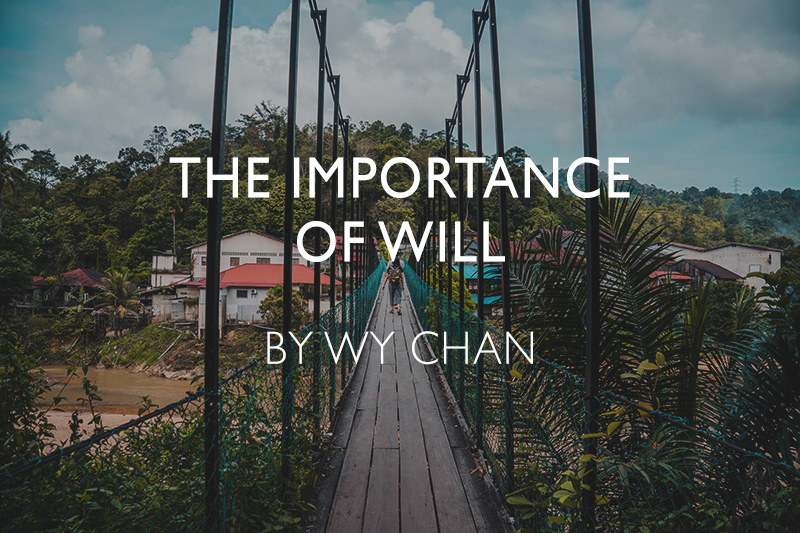Why Would You Need A Conveyancing Lawyer?
This is a common question I been asked by many clients.
Before we discuss about this topic, there’s two fundamental rules of conveyancing:
“each party to a transaction should engage his own solicitor”
and
“a solicitor shall not act for more than one party in a particular transaction”.
Sub sale - Where the vendor is not a developer
It is very often that in a sale and purchase of property where the Vendor is not a developer, the Purchaser is legal represented and the Vendor chooses not to be represented and assisted by the Purchaser’s Solicitor.
This situation isn’t something fresh.
In this situation, the Vendor is required to pay the legal fees and disbursement to the Purchaser’s Solicitor in assisting him to attend to the redemption of the property from his financier, obtaining the state authority’s consent if the title of the property is endorsed with a restriction against the transfer, or preparing his real property gains tax returns.
The Misconception
However, it is often that the Vendor has the misconception that the purchaser’s solicitor is representing him in the sale and purchase transaction as they think that they pay legal fees to the Purchaser’s Solicitor.
- In fact, the Purchaser’s Solicitor is only acting for the Purchaser only.
- The Purchaser’s Solicitor is not acting for the Vendor in the sale and purchase transaction, and this is one of the fundamental rule of conveyancing as mention earlier.
- In the situation where the Vendor is not represented by a solicitor, the Vendor is required to vet the sale and purchase agreement himself.
The Potential Risk
Sometimes, the Vendor may not read through the sale and purchase agreement words by words as it is too lengthy and he may not familiar with the technical language used.
The Vendor also need to do his own follow-ups to ensure that the procedure has been done appropriately and within the time frame stated in the sale and purchase agreement.
Further, a burden is put on the Vendor to solve the problem arise during the conveyancing transaction and the Vendor might have difficulties in these as he might not have experience in handling this situation and may have sleepless nights.
Hence, it is important for each party to appoint his own solicitor and to be represented in a conveyancing transaction.
A solicitor should understand and justify each clause in the sale and purchase agreement and act in his client’s best interest at all time.
Also, an experienced solicitor will be able to solve the problem arises more than a layman does.
Direct purchase from developer
Nowadays, many housing developers offer “free/subsidised legal fees” when a purchaser purchases a property directly from the housing developer.
Thus, many purchasers make a mistake by thinking that the solicitor attending to their sale and purchase matter is representing them.
However, in fact, the solicitor is actually representing the housing developer and not the purchasers.
In such a situation, the Purchaser has the right to choose his own Solicitor and to be represented.
However, the purchaser would then have to bear the legal fees on his own and will not be entitled to the “free/subsidised legal fees” offered by the housing developers.
In a conclusion, it is advisable that every party to a conveyancing transaction engage their own solicitor and to be legal represented in order to safeguard his rights and interests in the transaction.



0 Comments